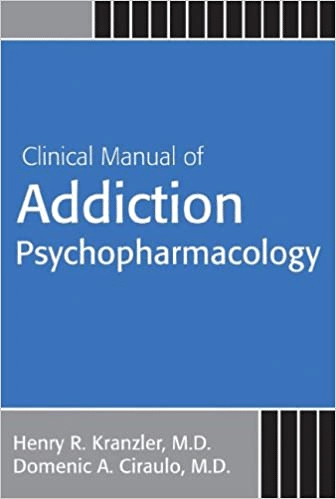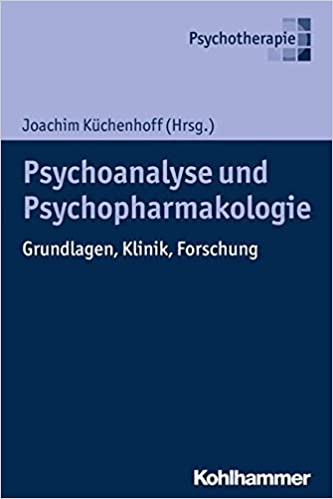Books for Therapists on Psychopharmacology
In the modern-day treatment of mental issues, it’s chief to have a basic knowledge of psychopharmacology and its uses. The books in this section aim to teach you what you need to know when in contact with a patient, and why sometimes medication is one of the key elements to a successful treatment.
To keep this site running, we are an Amazon Associate where we earn from qualifying purchases. While these links are amazon affiliate links, the selection of books remains accurate and unbiased.
“Clinical Manual of Addiction: Psychopharmacology” by Henry Kranzler and Domenic Ciraulo

This book is a full guide on all aspects of drug addiction, from the drug’s properties and use to the treatment and medication commonly prescripted to the users. With a therapeutic focus in mind, doctors and authors Kranzler and Ciraulo outline each major class of substance and address the specific approach to each addiction treatment. By reading Clinical Manual of Addiction, you’ll gain a full and well-rounded understanding of how drugs affect individuals, and the best way to help a person win the battle against addiction.
Want a resource for every situation? We’ve got you covered.
There’s a huge amount of resources for therapists out there. We’ve made a resource for any topic between starting a practice to dealing with a patient problem. Inside you will find books, podcasts, TED talks, worksheets and forums. Sounds like it can help you now or in the future? Simply enter your email and it’ll be in your inbox for you to use!
“Psychoanalyse Und Psychopharmakologie: Grundlagen, Klinik, Forschung” von Joachim Küchenhoff

Psychoanalysis is – according to the thesis of the book – indispensable in theory and practice for psychiatry – and vice versa: Psychoanalysis becomes impoverished if it does not face the challenges of psychiatric therapies. The book is groundbreaking in the way of asking: how psychopharmacological and psychoanalytic treatment interact? What changes in the therapeutic relationship when psychotropic drugs are given? How does drug administration change when it is reflected psychodynamically? How can the interaction of psychodynamic and neurobiological effects be scientifically classified? The work explores these questions within the framework of a general psychodynamic psychopharmacology and clarifies the importance of drug administration in certain mental disorders in the sense of a special psychodynamic psychopharmacology.
Looking for other books or resources?
Check out the ones below, or click below to download all of the resources we have!